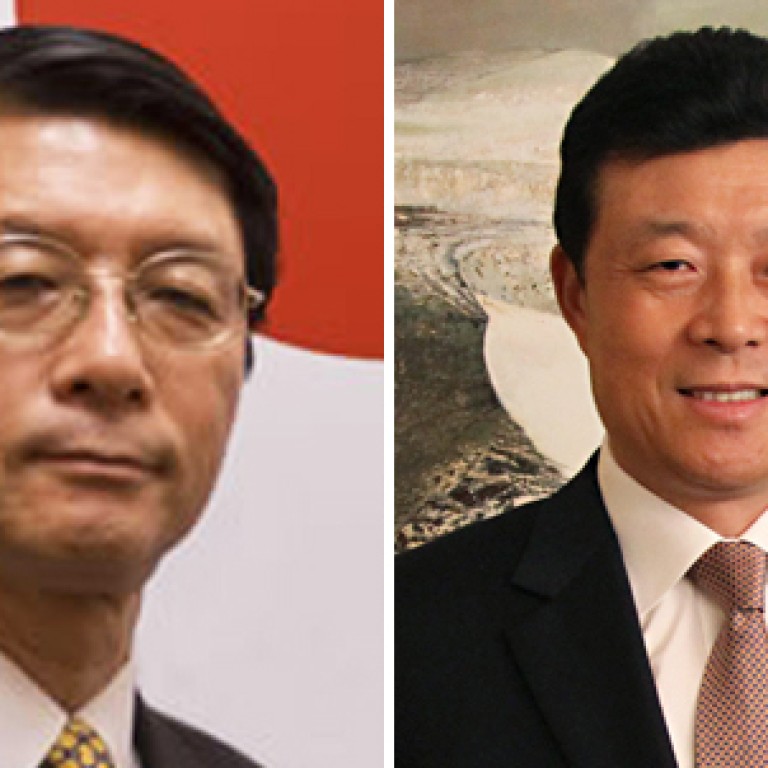
China-Japan disputes spill into BBC studio with ambassadors separated
Interviews with ambassadors to Britain held separately to avoid risk of heated exchanges
Growing tensions between Japan and China spilled over into a BBC news studio when the countries' British ambassadors were interviewed on live TV.
The envoys were kept apart because producers and embassy staff feared a heated exchange between the diplomats over Japanese Prime Minister Shinzo Abe's December 26 visit to the Yasukuni shrine, which honours "Class A" war criminals among others, and over disputed islands. Both have recently appeared in British newspapers likening each other's government to Lord Voldemort, the villain in the Harry Potter stories.
After interviewing Japan's Keiichi Hayashi during Wednesday's edition of the programme, presenter Jeremy Paxman went to another studio set to conduct his interview with China's Liu Xiaoming on the same topic. This was a marked departure from the regular structure of the nightly programme, which interviews guests together, face-to-face.
Watch: BBC's Newsnight programme on island dispute
"It is fair to say this was an unusual way for the programme to conduct an interview," a BBC spokesman told the .
"The ambassadors agreed to appear only separately, which Jeremy Paxman made clear at the start of the interviews."
Paxman quizzed Hayashi about the disputed islands - known as the Diaoyus in China and the Senkakus in Japan - and about Tokyo's move to seek a "military identity" via constitutional reform.
The Japanese ambassador accused China of aggression and "breaking the international order" by pushing its claims to the islands.
"China is changing the status quo through provocation and coercion," Hayashi said.
Asked how far Japan was prepared to go to defend its sovereignty, Hayashi replied: "You should direct that question to China."
With an exaggerated smirk, Paxman stood up and walked across the studio to interview Liu, who said Abe's visit to the Yasukuni shrine had upset the Chinese people, and claimed Tokyo refused to acknowledge there was a dispute over the sovereignty of the tiny specks of land in the ocean.
Quoting Britain's wartime prime minister Winston Churchill, Liu said: "Those who fail to learn from history are doomed to repeat it."

